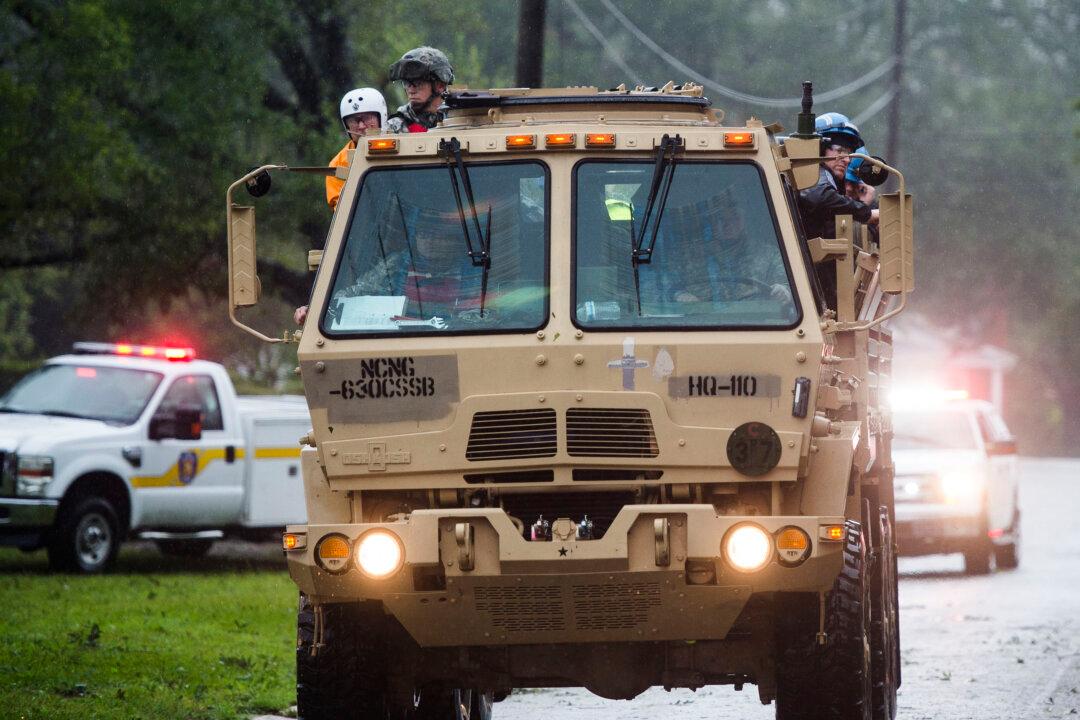The Federal Emergency Management Agency (FEMA) made “operational adjustments” to Hurricane Helene recovery efforts in parts of North Carolina over the weekend after a local law enforcement official said that the federal agency had paused aid efforts because of threats.
“For the safety of our dedicated staff and the disaster survivors we are helping, FEMA has made some operational adjustments,” a spokesperson for the federal agency told The Epoch Times on the morning of Oct. 14. “Disaster Recovery Centers will continue to be open as scheduled, survivors continue to register for assistance, and we continue to help the people of North Carolina with their recovery.”





